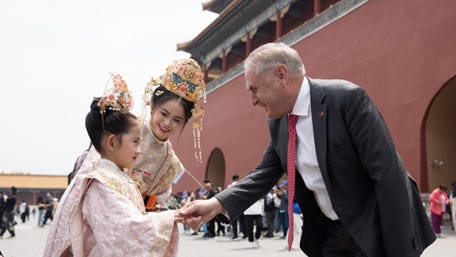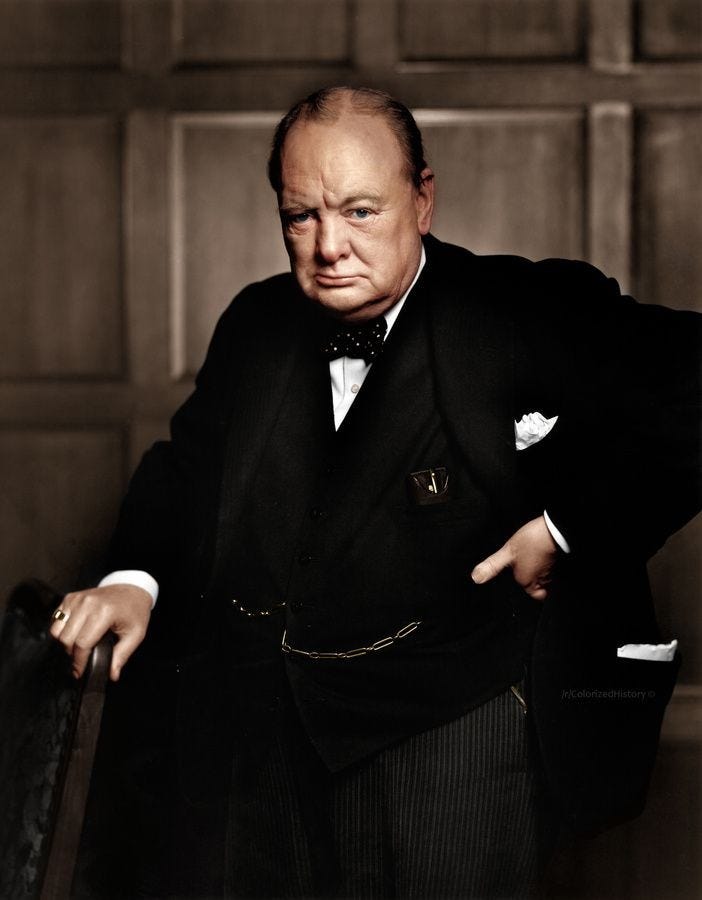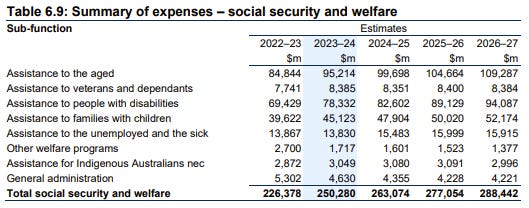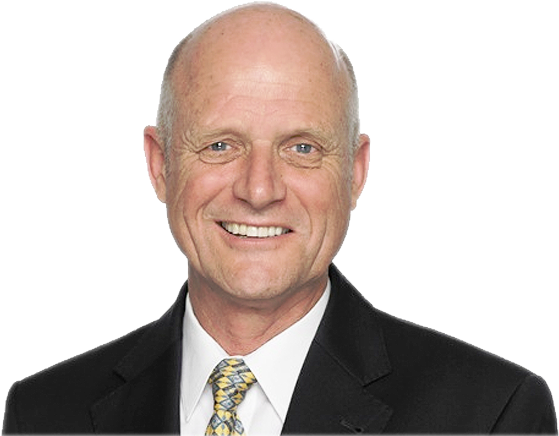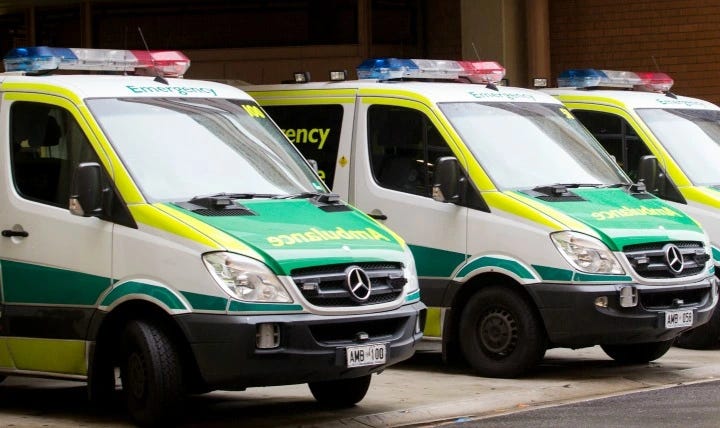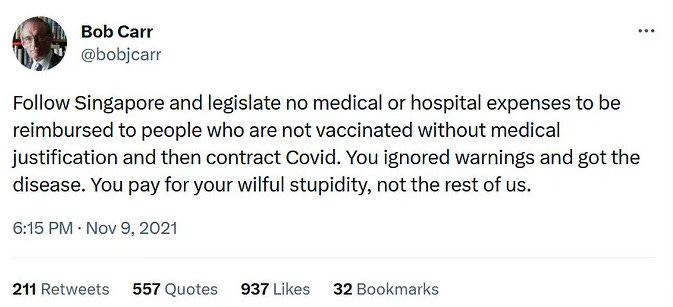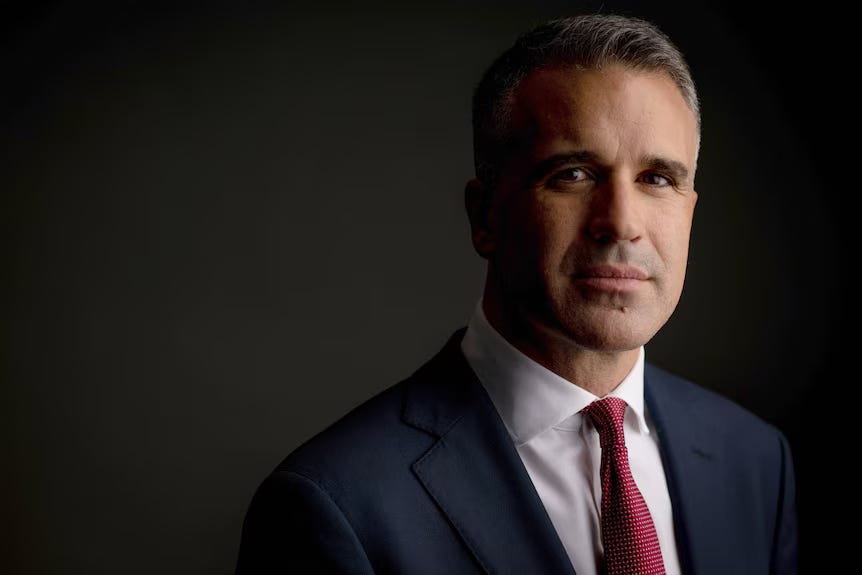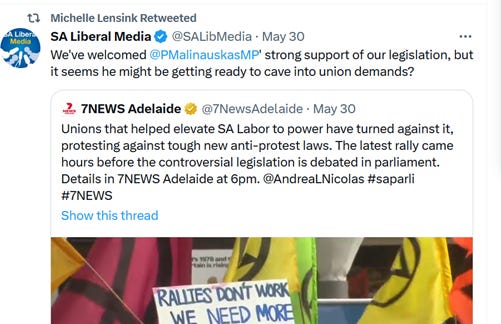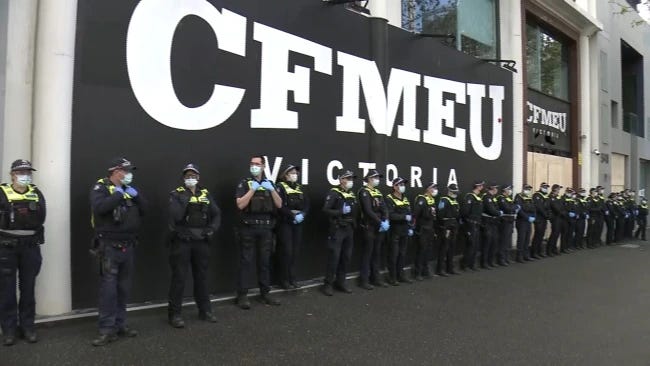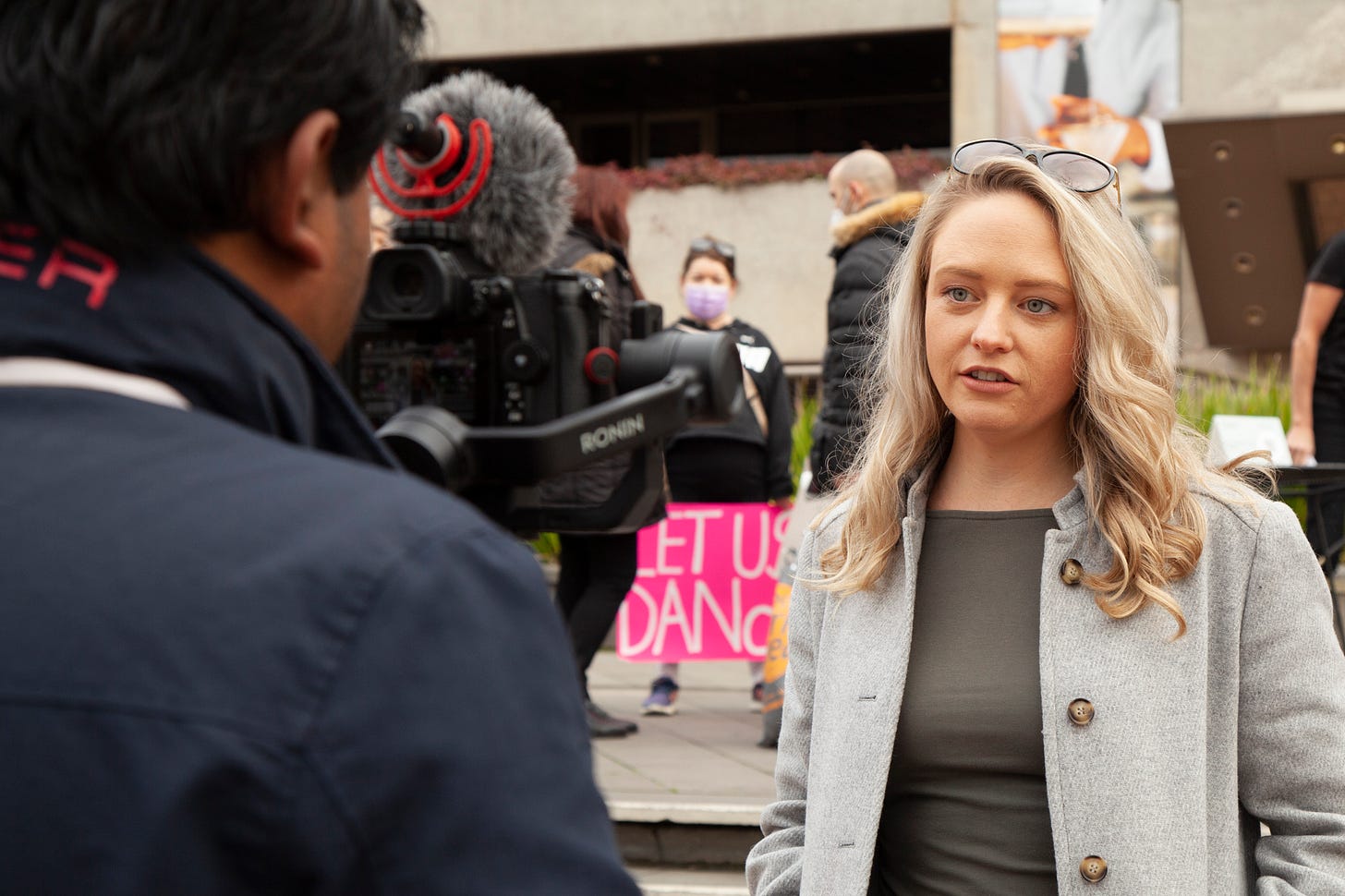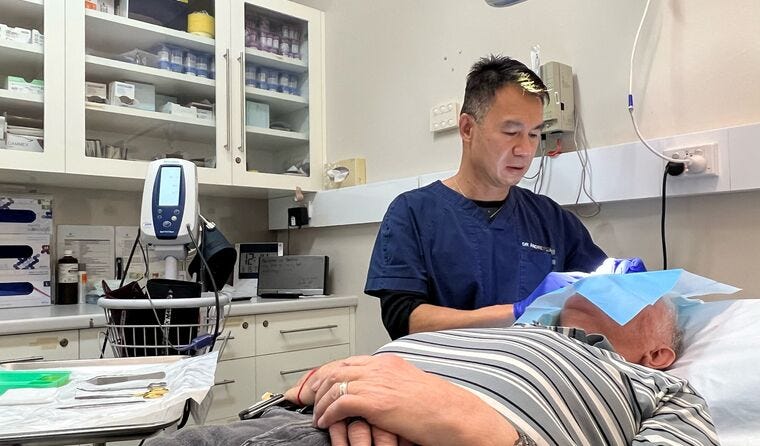INTERVIEW: Former Chinese Diplomat Embraces Liberty
Since a new Labor government in Australia was elected in 2022, there has been a warming trend in Australia-China relations. Our ministers are back engaging with Beijing officials and trips to China by our elected leaders are resuming.
The CCP influence whistleblower, Sydney based former Chinese diplomat Mr Yonglin Chen, who defected to Australia in 2005, issued a warning many years ago that Beijing aimed to transform Australia into ‘a stable and obedient resource supplier’ and, if we are not vigilant, we could be economically colonised into becoming a Province of China.
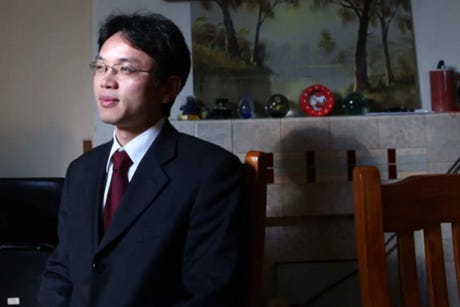
Chen’s chilling reminder resurfaces, as Australia-China relations begin to thaw.
Having been part of the ‘CCP body’ in the past, Chen’s ‘flip’ is invaluable in helping us understand how the Chinese Communists operate within Australia.
Despite his efforts to lead a simple life, Chen and his family receive regular threats from Beijing operatives in Sydney. But threats and coercion only make him more determined to defend universal principles and values.
Chen has agreed to an interview with Liberty Itch and has drawn from his personal experience to reveal the key functions of Chinese consulates in Australia.
In this interview, Chen asserts that these consulates engage in harassment of the Chinese diaspora and conduct activities aimed at interfering in the host country.
Unlike consulates of other countries,
Chinese consulates prioritise political interference over consular affairs,
with various offices aggressively involved in surveillance and espionage activities.
Beijing currently operates 275 diplomatic posts worldwide, surpassing the United States’ count of 267 and Australia’s count of 125, according to the Lowy Institute’s Global Diplomacy Index. These figures highlight China’s ambition to exert influence globally.
Here is the interview with Yonglin Chen.
LI: Tell us about the inner workings of Chinese Consulates in Australia.
YC: China gathers local intelligence through multiple avenues. General Staff focuses on military intelligence and high-tech innovations, while the Ministry of State Security (MSS) focuses on high-tech intelligence, counterespionage, and political interference.
The Ministry of Public Security (Police) focuses on Operation Fox Hunt, targeting individuals from the Chinese community and Chinese companies in Australia. Chinese missions also collaborate with Australian governments through Sister Cities or Sister State Relationships and oversee United Front organisations and Chinese Students & Scholars Associations (CSSA) at Australian universities.
They seek to control the majority of local Chinese language media and utilise the Confucius Institute system to influence opinions.
Beijing also promotes propaganda in mainstream local media
and attempts to bribe and lure Australian MPs for their personal gains.
Additionally, China employs the Thousand Talent Plan and similar programs to recruit scientists and experts in order to acquire top-secret intelligence, as Australia shares academic research with the US. China’s methods for gathering intelligence are extensive, aiming to collect comprehensive big data on individuals.
LI: Please tell us more about the scale and tactics of the Chinese Spy network in our country.
YC: China’s spy network in Australia operates on a significant scale, with over 1,000 professional operatives not only deployed in various Australian sectors, including government institutions, universities and laboratories, but also located in China’s state-owned enterprises, media outlets, commerce, and trade organisations in Australia.
China’s spy network in Australia operates on a significant scale,
with over 1,000 professional operatives
The CCP targets individuals within the Chinese diaspora and Australian elites, such as local, state, and federal politicians, their staffers, scientists, and academics, aiming to obtain valuable information. Confucius classrooms specifically target younger generations in Australia.
LI: We have seen an increasing number of seemingly ‘pro-CCP candidates’ running for our local councils and state parliaments. How are they ‘endorsed’ and ‘selected’? How do they interfere with Australian elections?
YC: The CCP’s United Front Work Department initiated the Chinese for Political Participation Program globally in 2005. Before that, politicians and officials of Chinese descent usually received preferential treatment, including luxurious trips to China and free accommodation and education for their children in Chinese universities.
After 2005, even more favorable treatment was provided, funded through the Ambassadorial Fund and other Special Budgets. Chinese missions may also arrange secret funds from Chinese state-owned enterprises and pro-CCP individuals in the Chinese community in Australia.
China’s media promotes election candidates through CCP mouthpieces such as China Central Television (CCTV), People’s Daily, and authorised WeChat red groups, boosting their popularity.
This increases their chances of winning elections in areas with a dense Chinese population. Chinese immigrants, who use WeChat, and Chinese language media in Australia, including Media Today Group, massively influenced by China, are utilised to disseminate CCP propaganda and influence voters.
Chinese volunteers, particularly young international students, are recruited to support ‘selected candidates’. Secret funds are also utilised in these efforts.
To protect Australia’s national interests, Chen emphasises six urgent actions:
- Uphold principles when dealing with the Communist Regime and avoid appeasement, recognising that China relies on Australia’s resources and market, not the other way around.
- Enforce the Foreign Influence Transparency Scheme Act 2018 and the Autonomous Sanctions Amendment (Magnitsky-style and Other Thematic Sanctions) Act 2021 effectively.
- Reduce by half the number of PRC diplomats in Australia and expel CCP spies, removing specific operatives located within consulate’ premises.
- Exercise strict oversight on funds directed towards election candidates.
- Provide education on universal values and democratic principles to the mainland Chinese immigrant community and international Chinese students.
- Expose spies’ activities in Australia and ensure the protection of Australian nationals.
As Beijing continues to entice our elected representatives, let’s hope that the Australian Parliament and the State MPs will consider Chen’s well-meaning advice.
